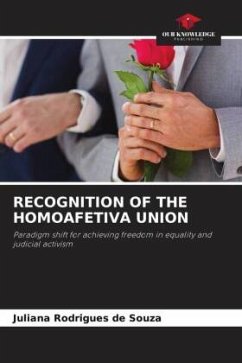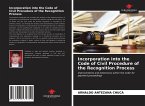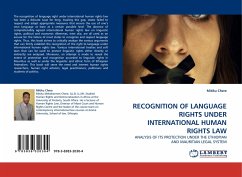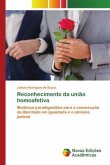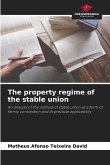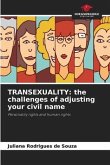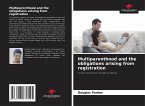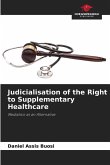The book aims to analyze the paradigmatic change of the judicial function, regarding the recognition of new ways of family entity composition, such as homo-affective unions, to achieve freedom in equality, so that the balance between the fundamental public functions occurs. Thus, the study was divided into two parts. In the first, we will discuss the rupture of paradigms in contemporary society and the new forms of family composition. In the second, the family context and judicial activism will be demonstrated, in order to understand the link between the fundamental public functions (executive and legislative functions). To meet the research objective, the deductive method of approach is used and the study is carried out in a documental and bibliographic way. The results show that the recognition of homo-affective unions conceives a reality nowadays and that the Judiciary and the Law could not remain inert, so that a new perspective is needed that will be able to deal with the unprecedented forms of family composition.
Bitte wählen Sie Ihr Anliegen aus.
Rechnungen
Retourenschein anfordern
Bestellstatus
Storno

